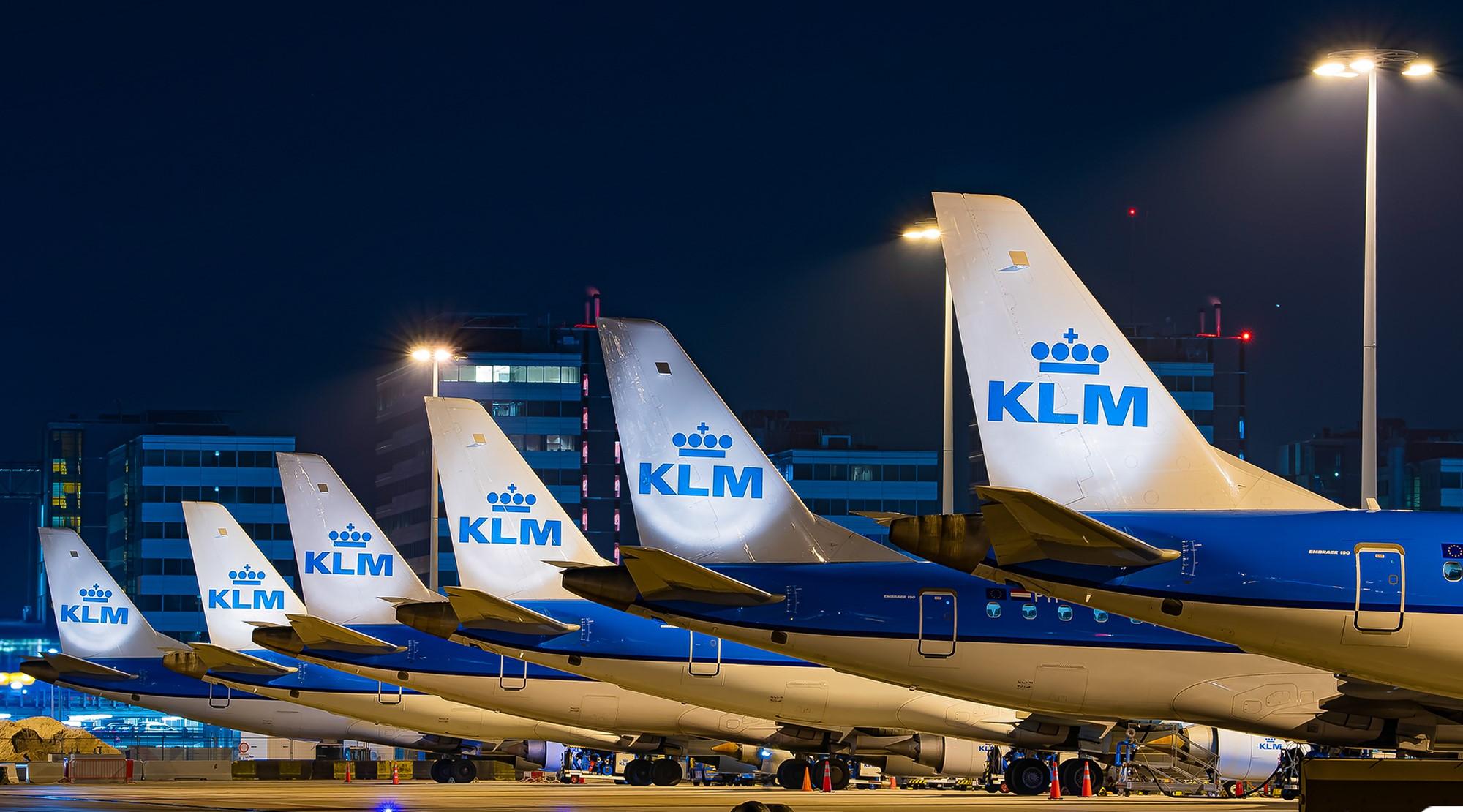Airlines Likely To Need More Government Support, IATA CEO Says

Airlines will most likely have to ask governments for more financial support as the COVID-19 pandemic deepens, IATA director general and CEO Alexandre de Juniac said.
His comments came during an online interview as part of the World Aviation Festival Sept. 23.
“At the beginning of the pandemic we asked governments to step in and support financially,” de Juniac said, noting that in many regions, such as Asia, Europe, the Middle East and North America, governments did a good job helping the industry. “The more the crisis lasts, the more government support we need. If the crisis continues, we will probably ask for more support from governments.”
De Juniac also said that if governments around the world lifted COVID-19 travel restrictions, such as quarantines and border closures, the air transport industry could recover to pre-pandemic levels quicker than predicted.
IATA is calling for systematic COVID-19 testing of all international passengers before departure to help restart aviation as well as global testing standards that could replace quarantine requirements which are stifling bookings.
“We have published a forecast that says that we should catch up with 2019 levels around the end of 2023/beginning of 2024,” de Juniac said. “But it will not happen if governments don’t lift travel restrictions. And if governments lift travel restrictions–quarantines and border closures–it could happen even more quickly, because our surveys and what we see in the domestic market in China for example, show that the appetite for flight is still there.”
Speaking at a different session during the same event, KLM CEO Pieter Elbers forecast more post-crisis consolidation as well as cooperation among carriers as the industry seeks to rebuild.
“Today all the airlines in the world are still in survival mode. Every big crisis in the industry so far has led to further consolidation,” Elbers said. “The massive recovery trajectory will require possibly also more collaboration between various carriers to make sure we optimize the assets. After the 12-18 months of pure crisis management is behind us, somewhere in the middle of next year, there is going to be a stage when consolidation and further collaboration in the industry will take place.”
Pegasus Airlines CEO Mehmet Tevfik Nane agreed the crisis would lead to “inevitable” further consolidation. “The winter period is going to be tougher for the aviation industry than planned,” Nane added.
Looking further ahead, Elbers said a COVID-19 vaccine would be a key tool in releasing pent-up demand for air travel. “It’s going to have a massive positive effect. If we see what was happening this summer when things were at least perceived by many as under control, people started flying again,” Elbers said. “So, when the vaccine is there, the economic damage of this COVID virus will still be affecting the industry. But the travel itself will resume again, especially on short-haul, rather quickly.”
Elbers joined other industry representatives in calling for a more coherent and consistent approach to health measures within the industry. Elbers noted that in addition to testing, greater international standardization in health guidelines and requirements for equipment, such as crew masks and protective wear, between countries would boost passenger confidence.





